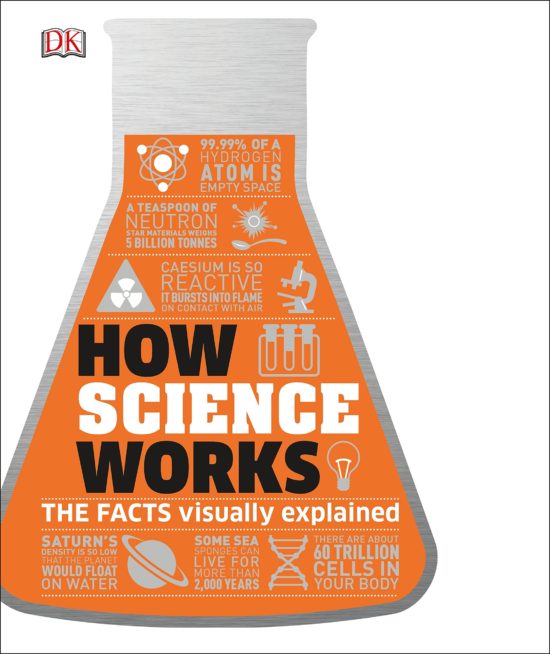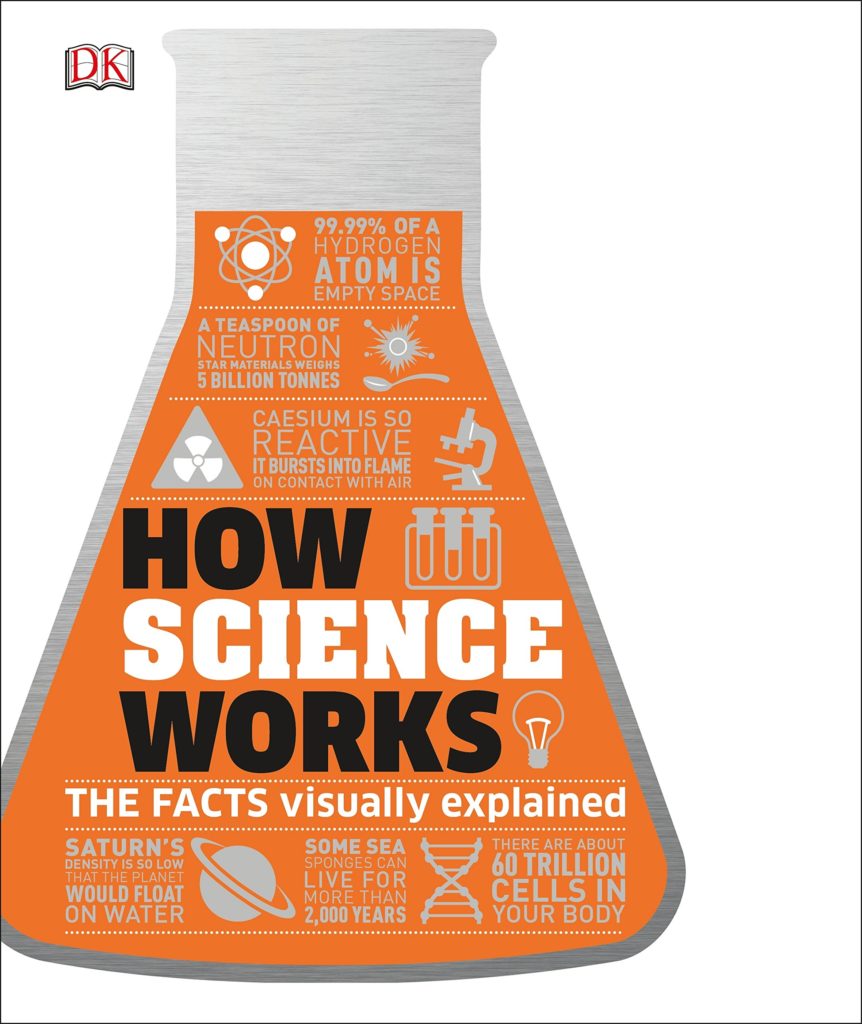Introduction
Science is wide and vast involving all the practical experiments that have been performed by various scientists in order to understand the natural aspects in the universe. These experiments have been performed in order to help the human kind solve various problems in life. Through these experiments that scientists have performed, they have been able to gather facts and truths about particular phenomena. This has greatly helped mankind to invent new ways of living and more revolutionized machines that have facilitated industrialization. (Ts. 1996) The invention of new machines has revolutionized science by enabling efficient work and fasten the working process .In order for other people to run these machines efficiently, it is important to begin by understanding how science works. Many scientists have managed to come up with various theories to explain this process one of them is Karl Popper who was an Australian Philosopher. He is remembered because of his theory of falsification. (KR 1959) In his theory, he falsifies a given theory by involving critical thinking. He majorly used the idea of prejudice to develop his theories. Karl Popper’s views and ideas have greatly impacted how science works and in the formulation of scientific theories.
How Science Works
The process in which science works can be defined as a linear process. (Goodstein 2000) It begins with identifying the problem to be solved. The need to solve various problems in life is the starting point of how science works. In addition, the need to explain various phenomenon that the church could not explain also became the starting point of science. Therefore, in the ancient times, some of the scientists had wrangles with the church since they had a different perspective of life and they were able to explain various phenomena that the church was unable to explain to the people. By identifying the problem to be solved the scientist then goes ahead to explore various ideas that will help solve the problem .The process of exploring ideas that will help solve the problems is stepwise and it includes the following aspects.
Making Observations
The process of making observations is key in the process of formulating the hypothesis that will end up solving the scientific problem. (KR 1959) These hypotheses will help in building up the knowledge about a given observation that the scientist has made. The scientists will always check the hypotheses that they have formulated about the problem to be solved against the observations that they had earlier on made. Therefore, the process of observation involves simple activities such as performing experiments and recording the results about the phenomenon under study.
Questions
Science is continually growing, this is facilitated by the process of asking questions about natural things that people have not yet understood and found solutions regarding to some of the problems. Therefore, these questions facilitate the entry of new ideas into the field of science. These ideas when put to test will either qualify to solve some of these problems or maybe not. In case they do not qualify to solve these problems, the scientists will always go back to look for better solutions and in the process, new ideas come up and this helps not only in the phenomenon under study but also other unsolved problems.
Creativity
When people get creative, they are able to come up with new ways of doings things and new solutions that are effective to their problems. Creativity is the driving engine of science, through creativity, people have managed to come up with new machines which include vehicles, airplanes and even computers. These machines have greatly impacted our lives either positively or negatively. However, on the positive side, they have enabled people to live more comfortable lives
Comparison of Literature
The accumulated facts about various concepts that were earlier discovered by scientists are important in science. They form the basis of formulating hypotheses and developing new ideas. The previous knowledge about given scientific research that was done by researchers also helps in guiding the scientists performing the same research . They help the scientist to identify areas that the predecessors went wrong and maybe correct these areas.
Evaluating the new ideas
Once the scientists have developed the ideas, they begin to investigate their ideas and look for where they are deficient. After identifying these points they find ways of making better in order for them to solve the problem under study and formulate strong theories.
Executing the Formulated ideas
In this step, the scientist goes ahead to put into practice the new ideas regarding the phenomenon under study. This involves the use of models to help put into practice the new ideas. It is in this part that the scientist discover where he or she could have gone wrong in the hypothesis and theory. After successfully executing the ideas into a practical model, the scientist then goes ahead to use real materials to execute the ideas . In case the ideas do not qualify to solve the problem then the scientist goes back to check what actually went wrong.
The Relationship between Induction and Science
Induction involves the generalization of data about a given phenomenon in order to make a conclusion. Induction is important in the development of scientific theories making it important in the working process of science. Through induction, scientists have been able to come up with ways that have helped solve problems and invent new machines that have revolutionized science to higher levels. However, it is important to understand the difference between deductive and inductive means of making decisions. In deductive reasoning, a conclusion is reached by evaluating what is presumed to be true. It also involves an individual to critically think in order to reach the right decisions. Induction and Deduction methods work hand in hand in the process working process of science.
Popper’s theory that does not rely on Induction
Induction is crucial in the working process of science. This is because it helps to make decisions that are key in governing science.[2] Without induction in a theory most operations are likely to fail due to lack of proper decisions making. Decision making is important in the smooth running of operations and this can only be achieved through induction and deductive methods.
Induction is necessary for a scientific theory since it helps to reduce the number of mistakes and errors that are committed. This is achieved by generalizing specific information that has been collected during an experiment. It is possible to make errors when conducting an experiment, however based on the prior knowledge that one has regarding what is to be experimented it is easier to make a decision.
Secondly, induction makes the working process of science easier, this is because it depends on probability to make conclusions. Therefore, this hastens the decisions making process since the scientists do not need to go into details about all aspects of the experiment since he or she has prior information about what is in the experiment.

How a theory without Induction will affect the lives of people.
Without induction in our daily lives, many things will be affected in our lives. This will particularly affect the decisions making part of our lives. Without induction we will have impaired judgement and sometimes people will fail to think. Decisions making is crucial in our daily lives since it governs what we do. It enables us to know what is wrong and right. Eliminating induction from a scientific theory will deny people a reason to understand why they need to do some of the things in their lives. People will no longer understand why they go to work since they don‘t see any sense in doing that
Without proper decision-making, society will be in chaos. People will lack organization in performing various tasks and this will negatively impact science. The process of science will also fail since most of the machines will break down due to a lack of decisions making.
In conclusion, Popper’s idea to develop a theory in which induction plays role will negatively affect people’s life. This is because people will lack a reason of doing things in the normal way. It will deny people a reason to even go out to work daily since they do not see sense in doing that.
Bibliography
Goodstein, David. 2000. How Science Works. California.
KR, Popper. 1959. The Logic of Scientific Discovery. New York.
Ts., Kuhn. 1996. The Structure of Scientific Revolution. Chicago.
We provide a wide range of science paper writing services. Some of the research and writing services that we offer include:
– Science Assignment Help
– Science Homework Help
– Natural Sciences Writing Services
– Neuroscience Writing Services
– Data Science Writing Services
– Mathematics Assignment Writing Services
– Social Science Writing Services







